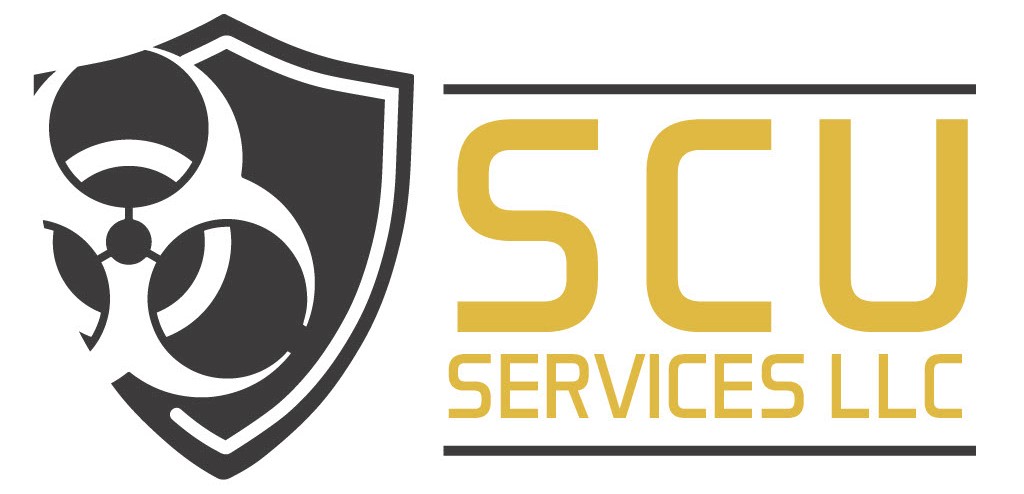Welcome back to the SCU Services blog, where we strive to shed light on important mental health issues affecting individuals and communities. Today, we dive into the often misunderstood and overlooked realm of hoarding, focusing on the profound impact it has on one’s mental well-being. Beyond the surface-level clutter, there lies a complex web of emotions, thought patterns, and psychological struggles. Join us as we explore the mental side of hoarding and seek a deeper understanding of this challenging condition.
Understanding Hoarding Disorder
Hoarding disorder is a mental health condition characterized by persistent difficulty in parting with possessions, regardless of their value. It goes beyond mere clutter and disorganization, becoming an overwhelming force that can consume a person’s life. While the physical manifestations of hoarding are often visible, the psychological underpinnings remain hidden to the casual observer.
The Mental Landscape of Hoarding
- Emotional Attachment: Hoarding is often fueled by intense emotional attachments to possessions. These attachments can stem from sentimental value, perceived utility, or a fear of discarding something that might be needed in the future. The emotional ties to objects can become so strong that the act of discarding them induces anxiety, distress, or even a sense of loss.
- Perfectionism and Control: Hoarding can be driven by a desire for control in an unpredictable world. For some individuals, possessions provide a sense of stability and order. The fear of making the wrong decision about what to keep or discard can lead to indecisiveness and an accumulation of items, creating a false sense of security.
- Anxiety and Fear: Hoarding often goes hand in hand with anxiety disorders. The fear of losing something important, the fear of making the wrong choice, or the fear of facing consequences can all contribute to the anxiety experienced by individuals with hoarding disorder. As a result, their living spaces become a refuge from potential threats, albeit at the cost of functionality and safety.
- Cognitive Distortions: Hoarding is associated with various cognitive distortions, including excessive and irrational beliefs about possessions. These distortions can include thoughts such as “I might need it someday,” “It’s too wasteful to throw it away,” or “It’s part of my identity.” Such distorted thinking patterns reinforce the attachment to objects and make it challenging for individuals to break free from the hoarding cycle.
Seeking Help and Support
Acknowledging and addressing the mental side of hoarding is crucial for promoting understanding, compassion, and effective intervention. Here are a few strategies that can provide support for individuals struggling with hoarding disorder:
- Therapy: Cognitive-behavioral therapy (CBT) and specialized interventions like cognitive-behavioral therapy for hoarding (CBT-H) have shown promise in treating hoarding disorder. Therapists can help individuals challenge distorted beliefs, develop decision-making skills, and learn healthier coping mechanisms.
- Support Groups: Joining support groups, such as clutter support groups or hoarding-specific support networks, can provide individuals with a sense of community, understanding, and shared experiences. Connecting with others who have faced similar challenges can be a source of strength and encouragement.
- Professional Organizers: Certified professional organizers who specialize in hoarding disorders can provide practical assistance in decluttering and organizing living spaces. Their expertise, combined with empathy and understanding, can help individuals navigate the challenging process of letting go of possessions.
What’s The Next Step?
Hoarding disorder extends beyond the mere accumulation of possessions. The mental side of hoarding is a complex landscape of emotional attachments, anxiety, cognitive distortions, and a longing for control.
Which is why SCU Services seeks to walk slowly with an individual or a family step by step in making sure the dignity of the person is respected. Confidentiality and sensitivity are of utmost importance as we work alongside our clients. We will never go one step beyond expectation without their consent or permission.
If you know someone that may need our services, we would be honored to assist and help any way we can. Please reach out to us by calling (859) 814-4646 or emailing us at [email protected].
